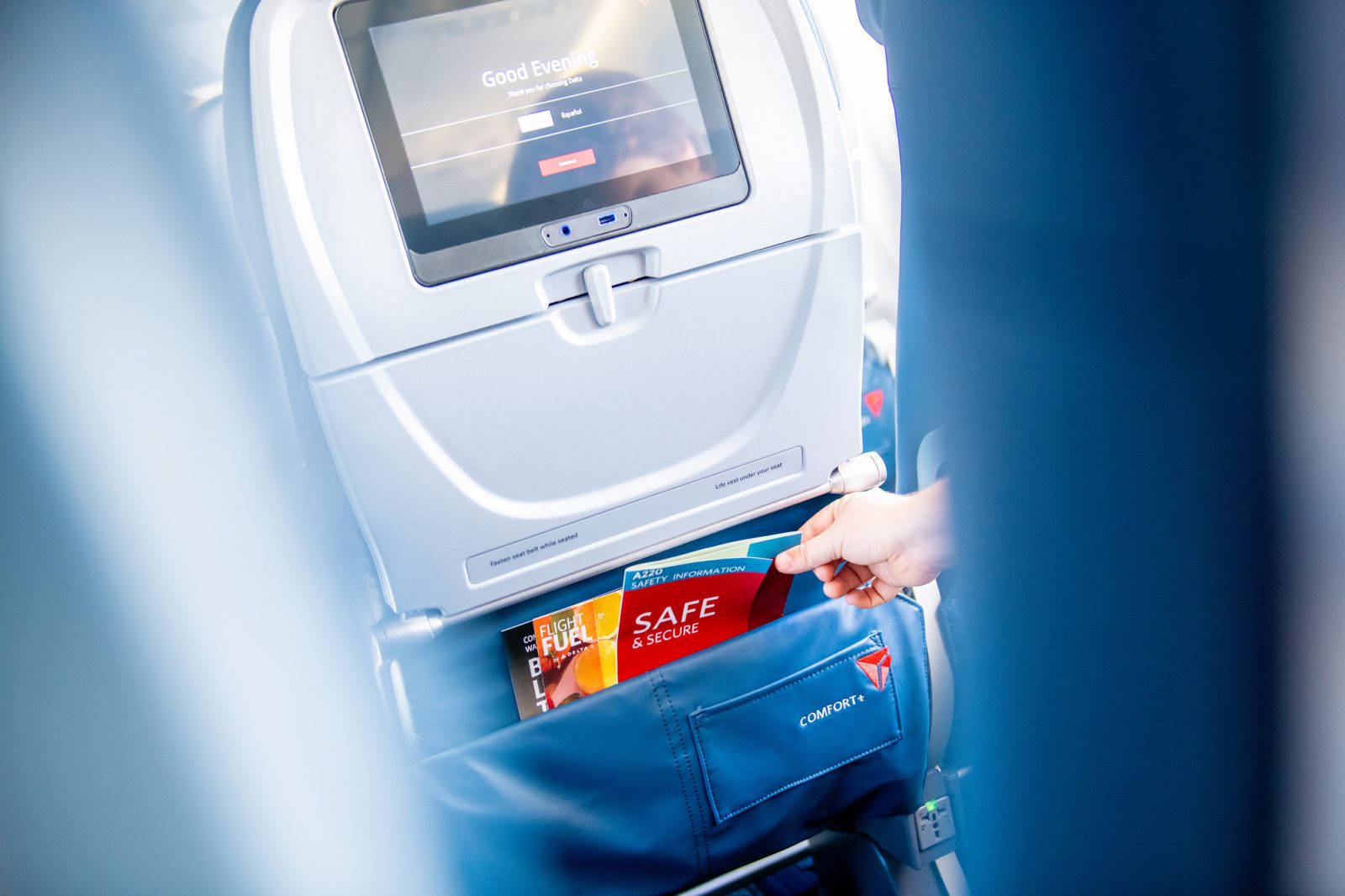
The largest airline passenger rights group in the United States has released troubling new details about 20 separate complaints of in-flight sexual assault that have been made by consumers to the U.S. Department of Transportation (DOT). The complaints were obtained by flyersrights.org under the Freedom of Information Act in an attempt to see whether anything was being done to help prevent what appears to be an increasingly common and worrying trend.
But while in-flight sexual abuse is punishable by up to 10 years in prison as well as significant fines, Paul Hudson, who’s the president of the passenger rights group thinks current rules and airline procedures are frustrating most investigations and in many cases “nothing is usually done”. What’s worse is that in many situations, airlines have failed the victim and failed to stop the abuser.
The report released by FlyersRights.org points to five separate examples where victims were let down by the airline they were flying with or the overly complicated system used to report in-flight sexual abuse. In one case, a Cathay Pacific passenger woke mid-flight to find a fellow passenger “grinding his body, and…on top of her.” Horrifyingly, the police were never summoned to meet the aircraft on arrival.
In another case, a United Airlines passengers had to reseated after being sexually assaulted a drunk passenger sat next to her. Yet, despite his behaviour and the fact that he had even harassed a flight attendant, the abuser was then allowed to purchase three Jack Daniels and a glass of wine.
Meanwhile, Delta Air Lines has been criticised for failing to retain records about a sexual assault complaint. In that case, the perpetrator was almost removed from the aircraft before departure for being intoxicated but was allegedly allowed to remain onboard to “sleep it off”. The perpetrator went on to sexually assault the victim mid-flight.
“These complaints show in graphic detail what is happening with increasing frequency- Mainly on long-haul flights with lots of alcohol and usually to women travelling alone,” explained Hudson.
“It is but a small sample of the hundreds to thousands of sexual abuse incidents that are vastly underreported and rarely prosecuted.”
Despite a sharp rise in complaints over the last few years, Hudson is concerned that victims rarely have the chance to speak with law enforcement directly. Unlike an assault that happens anywhere else, victims can’t simply call the police – they have to rely on flight attendants who are rarely trained to deal with such complaints. In order to get law enforcement to meet the aircraft, the victim then has to hope that the flight attendant, Captain, ground crew and airline station manager all agree to request the presence of police.
If the police don’t meet the aircraft, the abuser is often allowed to leave and vital evidence is lost – in many cases, the Offices of the United States Attorneys decide not to prosecute.
Hudson says he and the president of the Association of Flight Attendants, Sara Nelson met with FBI and Justice Department officials in November to discuss their concerns. Thankfully, change may be coming soon – the FAA Reauthorization Act of 2018 created a National In-Flight Sexual Assault Task Force and members of the group are expected to be announced in January 2019.
Related
Mateusz Maszczynski honed his skills as an international flight attendant at the most prominent airline in the Middle East and has been flying ever since... most recently for a well known European airline. Matt is passionate about the aviation industry and has become an expert in passenger experience and human-centric stories. Always keeping an ear close to the ground, Matt's industry insights, analysis and news coverage is frequently relied upon by some of the biggest names in journalism.







